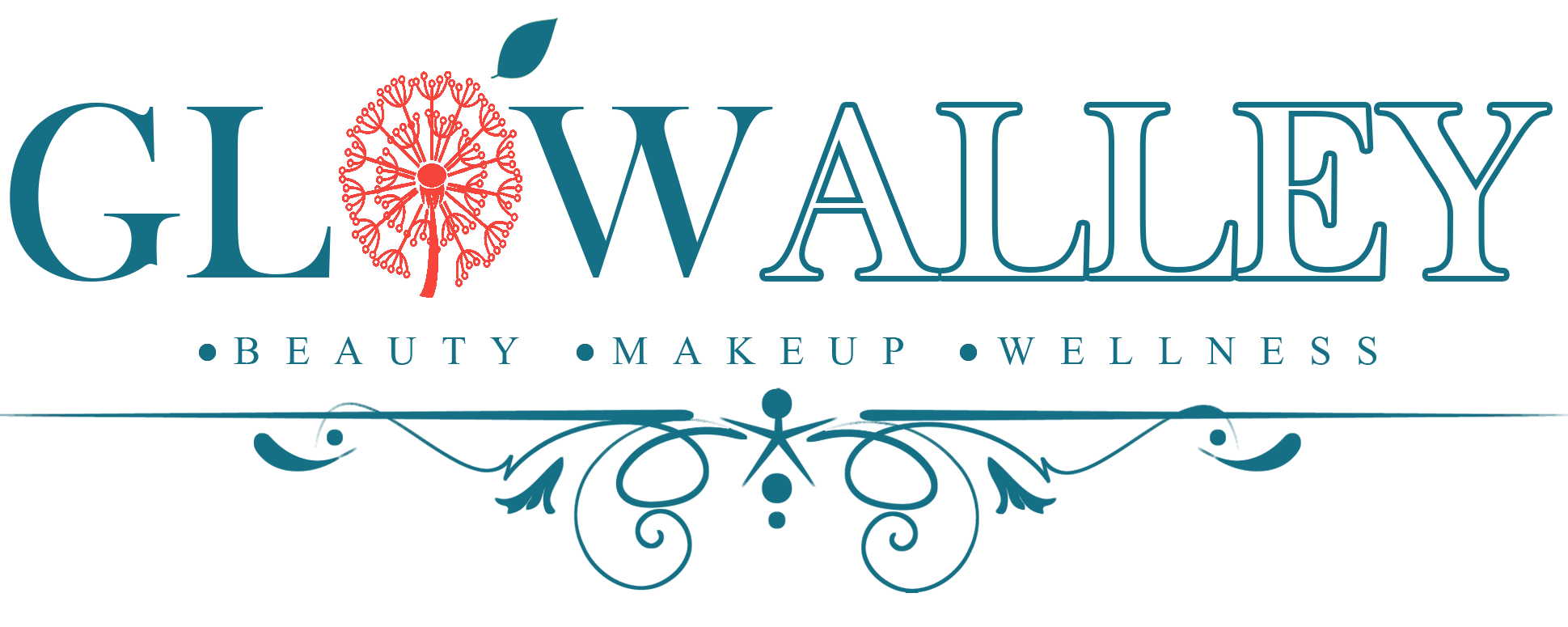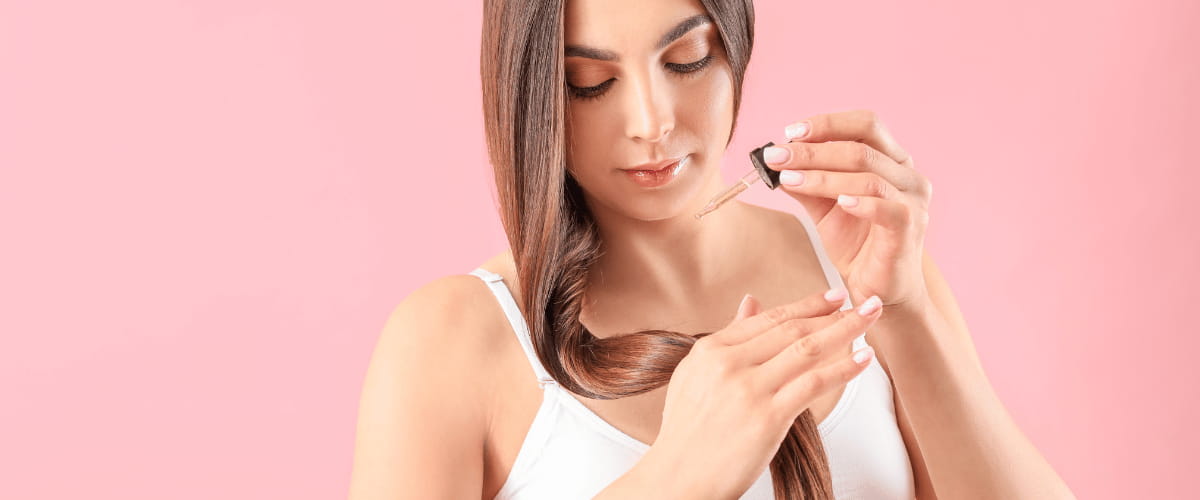For many years, people have used hair oils to promote hair growth and treat a variety of other hair issues. The benefits of hair oiling are not just limited to being just a head massage. If correctly done oiling your hair can be extremely beneficial for your hair growth. This is the reason why our grandmothers would insist on us to a good hair massage.
However, have you been correctly oiling your hair?
A cursory application of hair oil will have no effect on your hair; all it will do is leave you with a greasy scalp. For your hair to receive the full benefits of oiling, it is critical to know how to do it correctly. Scroll on to read more.
Top five advantages of hair oiling
Regular use of hair oil replenishes vitamins and minerals that frequent washing or the use of shampoo-containing detergent might strip away. Additionally, hair oiling can reduce frizz, provide gloss and polish to damaged strands, and prevent breakage.
Prevents breakage and damage to your hair
You’ll start to notice that your hair feels stronger and shines more if you make frequent oiling a habit. Applying the correct oil to your hair will nourish and protect it straight down to the innermost layers of the shaft. As a result, you’ll see less breakage and acquire a shield against harm from your blow dryer, flat iron, or other styling equipment, in addition to seeing reduced breakage.
Hair nourishment
Different oils include minerals and vitamins necessary for the health of the hair, which is one of the main advantages of hair oiling every day. For example, vitamins B, K, and E are present in olive oil and almond oil, respectively. In addition, olive oil also contains Vitamins B12, B6, B3, and Vitamin K. Due to the damage that exposure to the elements does to your hair, these are all necessary for maintaining healthy hair.
Lowers the risk of lice
A dry, flaky scalp is appealing to lice. Additionally, they are drawn to the germs because of your scalp’s dead skin-induced bacterial growth. Additionally, to remove dead skin cells and exfoliate the skin, certain oils can prevent dryness. Hair lice can be avoided thanks to a combination of these variables and the anti-bacterial qualities of some hair oils, like olive oil.
Makes the roots strong
Regular hair oiling exfoliates the skin on your scalp and purges toxins that are bad for your hair. By doing so, you greatly strengthen your roots and rid your hair follicles of dangerous microorganisms. In addition, applying hair oil restores vitamins and minerals that have been lost to your hair and scalp, strengthening the roots.
Reduces frizz and adds shine
Hair oiling can be helpful if you’re fighting frizz all the time. Vitamin E and fatty acid-rich oils help to trap moisture, boost strength and elasticity, and reduce frizz. Additionally, oil can cover damage symptoms while giving you a glossy, smooth appearance if you have flyaways, broken ends, or damaged strands. Coconut Milk For Hair: 12 Homemade Hair Masks
Best five hair oils for good hair quality
- Coconut oil
The finest oil to use on your hair is coconut oil. Both damaged and healthy hair benefits from its ability to permeate the hair shafts and lessen protein loss. It can reduce breakage, strengthen your hair, and shield it from heat damage. Use coconut oil to encourage the growth of your natural hair.
- Castor oil
Castor oil is widely used in a variety of hair products and is praised for its ability to encourage hair growth. In addition, traditional recipes call for it to nourish and moisturize hair.
- Almond oil
If your hair is excessively oily, almond oil is a better choice because it is less heavy than sesame oil or coconut oil.
The nutrients B, K, and E are present in almond oil. In addition to encouraging hair growth, vitamin E may lessen oxidative stress on your locks.
- Basil essential oil
The condition of the hair may be impacted by dandruff, which can irritate the scalp and create irritation and inflammation. Antifungal activities can be found in basil essential oil. It can help with dandruff management and is incredibly efficient against Malassezia furfur.
- Avocado oil
Avocado oil is rich in oleic, linoleic, and linolenic acids, as well as vitamins A, C, D, and E. It maintains skin health, lessens dryness, and has abilities to cure wounds. These qualities of avocado oil can support healthy hair growth, a healthy scalp, and a reduction in dryness. It can shield the scalp from potential pollution as well. Avocado Hair Masks: 8 Recipes For Hair Growth And Repair
How frequently should you do hair oiling?
Many individuals will do this once or twice a week, but it can take some trial and error to determine what is most effective for you. However, doing it every day is not a good idea. By tampering with your hair’s natural oils, you run the danger of making it overly dry or slightly greasy.
How to properly do hair oiling?
The process of massaging the oil into the scalp promotes blood flow, which can enhance hair growth. Additionally, oiling the scalp may stop dandruff. reliable source. In case you are using an essential oil, always dilute it with a carrier oil and do test a small area on the skin.
Try hair oiling by adhering to these steps:
- Take the oil you want to use for the head massage and slightly warm it over the gas stove.
- Now, use your fingertips to gently massage your scalp with oil in a circular manner.
- Apply the oil that is still on your hands to your hair.
- Put on overnight and wrap with a towel.
- Shampoo your hair the next day.
- Rinse everything off completely and condition your hair.
- Coconut oil works well as a conditioner as well.
You may also like to read: Celery juice benefits for hair loss- How to use it
Ayurvedic medical practices include the oiling of hair as a remedy for healthy hair. Regular oiling could shield hair from pollutants and shampoo’s harmful ingredients. Additionally, it might improve hydration, gloss, and shine while also possibly halting hair loss.
Frequently Asked Questions (FAQs)
Q1. Do I need to oil my hair regularly?
Ans. Unless your scalp is dehydrated and you have not oiled your hair in a while, oiling your hair once or twice a week should be sufficient. In the second scenario, you might oil your hair more frequently for about a week. Any more could result in an oily and filthy scalp.
Q2. Which are the best essential oils for hair growth?
Ans. Clove oil, Thyme oil, and Rosemary essential oil are great essential oils for hair growth.
Q3. Should I oil my damp hair?
Ans. Both wet and dry hair can be treated with oil. However, the hair is more prone to breaking and damage while wet, and thus you must be cautious when applying oil to wet hair.
Q5. What to mix with coconut oil for hair growth?
Coconut oil combined with rosemary oil is an excellent way to promote hair growth. You can also prepare your own homemade fenugreek oil for hair growth using coconut oil
Q5. Can oils be combined for hair?
Ans. You can indeed combine various carrier oils and essential oils to make oil mixes tailored to your hair’s needs. Coconut oil can be combined with castor oil, olive oil, and sesame oil -just a few examples of common mixtures. 3 Castor Oil and Coconut Oil Hair Masks: For Hair Growth and Hydration
References:
https://www.ncbi.nlm.nih.gov/pmc/articles/PMC9231528/
https://www.healthline.com/health/beauty-skin-care/coconut-oil-for-hair-growth#takeaway
https://thebotanistskitchen.co.uk/the-science-of-basil-oil-and-hair-growth/


